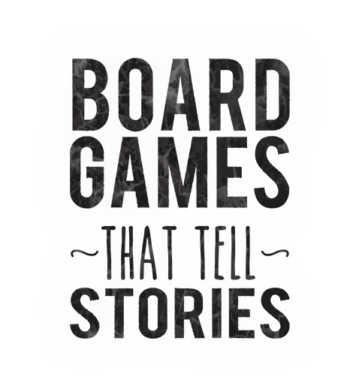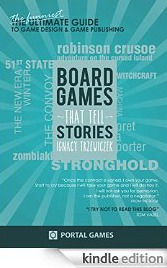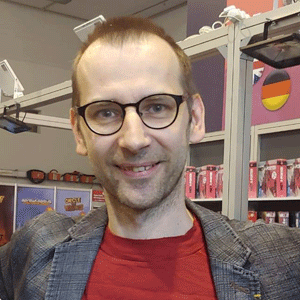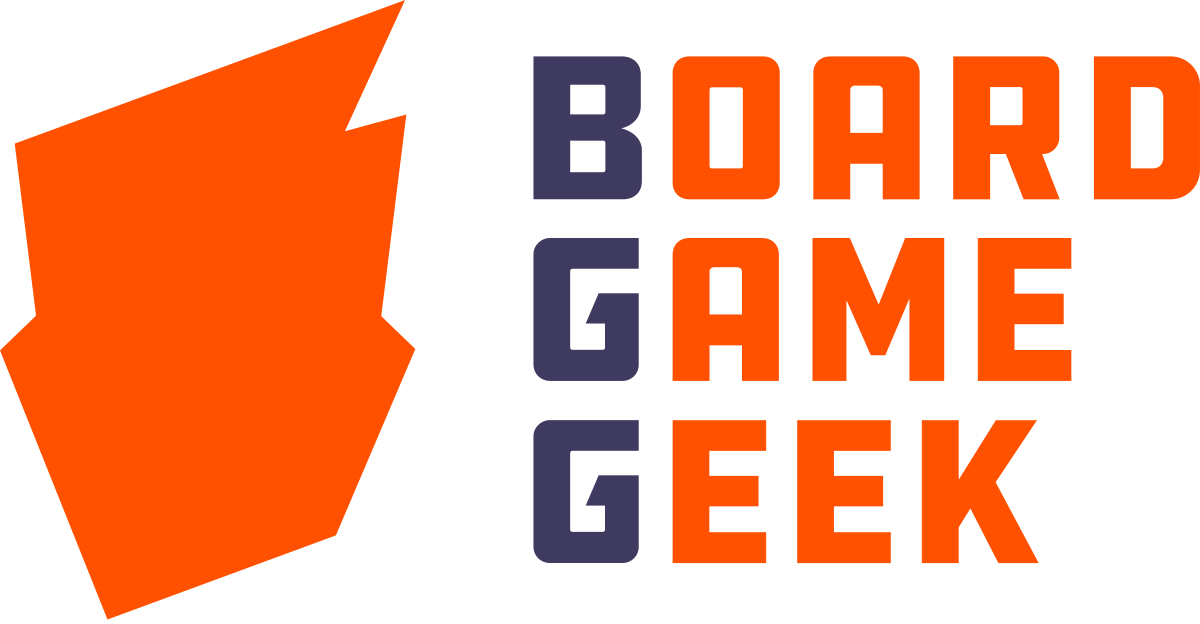Soak with a spy theme

I received the story script and several additional pages of rules for the game from Jakub Łapot and Przemysław Rymer. I read them and was really impressed by the new concepts. The idea of different zones where players could act, the exposure rules, and even the death of the agents! There was a ton of theme in that first draft.
I built the prototype and played it by myself to see how it all worked.
An hour later, I had my answer. None of these ideas worked—literally, nothing, not a single piece functioned as planned.
Was I devastated?
Not at all. That’s how it all starts. Every damn time.
***
It took us another few months of research to make a comprehensive list of ideas for the mechanisms of a spy game. I watched lots of movies and TV shows about spies. I read books. I read comic books. I did the same gig as always—I soaked with the theme. I had a notepad full of ideas.
What’s important for the spy theme:
– codes
– secret messages
– gadgets
I combined it all with the initial ideas from Łapot and Rymer. I was ready to build a set of rules that would work. Testing began.
***
Rymer wanted to use real code cards from the Cold War era. I was skeptical. I was afraid it would be too difficult for players to understand. But after all, it wasn’t that bad. And I admit, when I gave playtesters a real code card from the Cold War and told them it was real shit, they were ecstatic.
This is a real thing. We are receiving messages from the CIA. We need to decode them. We are spies.
I wanted players to also decipher KGB messages. That was, for sure, the task players would not be able to do. We had to come up with a supplementary idea, something that would feel like deciphering the message and yet, would be doable by a random geek who’s not working in secret intelligence. I bought Ken Russell’s books about puzzles and looked for some ideas. Few hours into reading, I had my first Soviet cipher. I used simple mathematical tasks and equations to challenge players. I tested this idea with the playtesting group a few days later. It worked awesomely. First try, the first score, touch down.
I also wanted players to look for the secret words and sentences in the intercepted messages and understand the additional meaning of what was said. This is yet another essential element of all spy movies. They always say something like: „King beats Bishop on C4,” which means that explosives are prepared, and assassination of the cardinal is in the works! Stuff like that is always a part of the spy movies! KGB agents don’t talk like that, but nobody cares—it’s the theme, it’s how it’s done in books and movies. We did the same in the game—players must intercept messages, listen to them, and then think about what was said and what each word meant. That’s silly fun, that’s us, geeks, being smarter than Soviets, that’s what being a freaking spy is all about!
***
Vienna Connection. Decoding real code cards. Deciphering secret messages. Reading between the lines. We put it all. We build the experience. We made you a spy.
Are you ready, agent?
***
More about the game: https://portalgames.pl/en/vienna-connection/
My vlog: https://www.youtube.com/c/PortalGamesStudio/videos
My Twitter: https://twitter.com/trzewik


 I strongly believe that good board game is the one that tells a good story. You play it and suddenly you are sucked into it, you feel chills on the skin. Emotions grow. In a moment you defend castle. You hear roar of warriors. You smell boiling oil. You are into it.
That's how I design my games. I always want to tell a good story. I want players to be into it. As deep as possible.
I strongly believe that good board game is the one that tells a good story. You play it and suddenly you are sucked into it, you feel chills on the skin. Emotions grow. In a moment you defend castle. You hear roar of warriors. You smell boiling oil. You are into it.
That's how I design my games. I always want to tell a good story. I want players to be into it. As deep as possible.




Well this looks really interesting I’m not much of a coop/euro player but your post has peaked my interest. Some cool ideas here! Good luck.